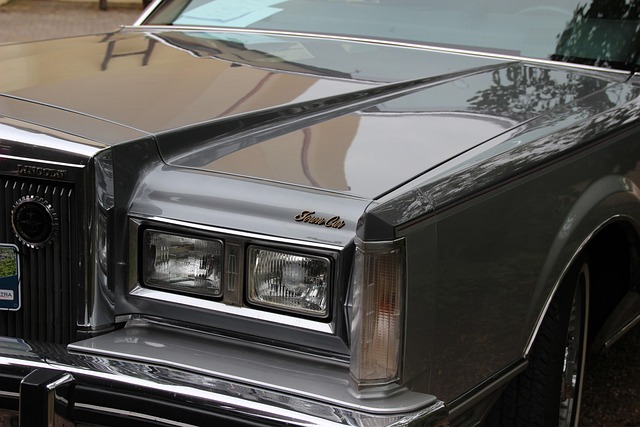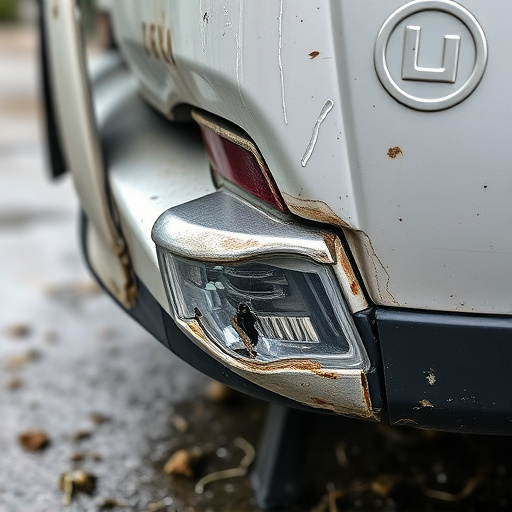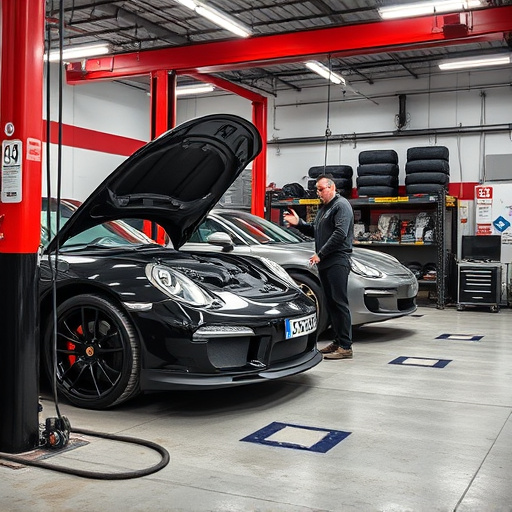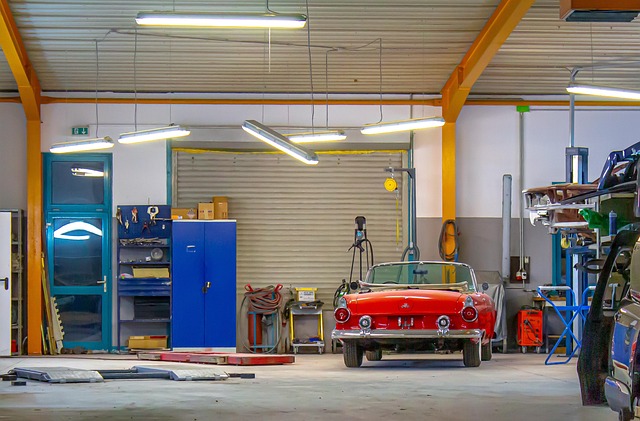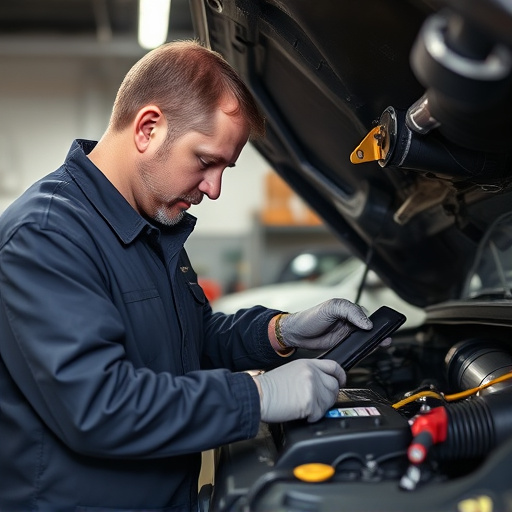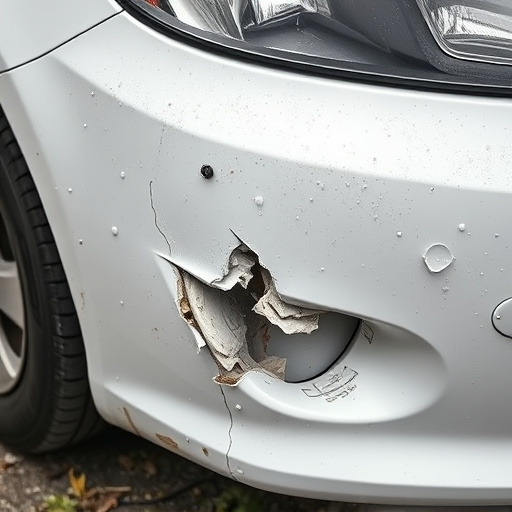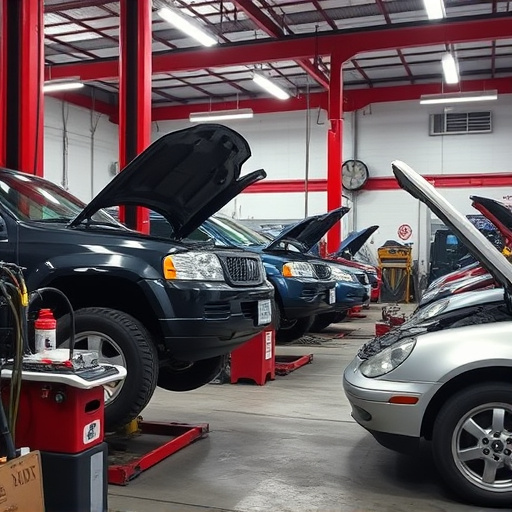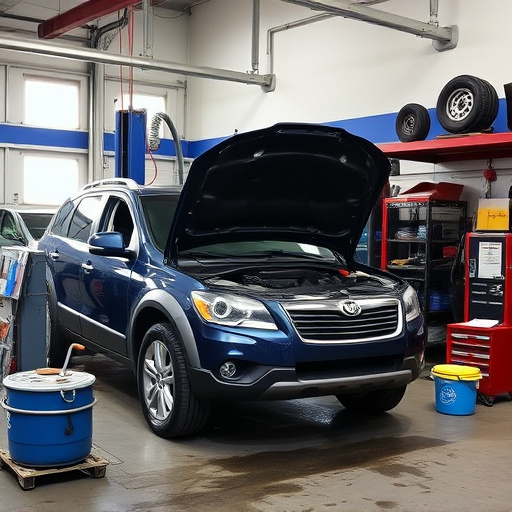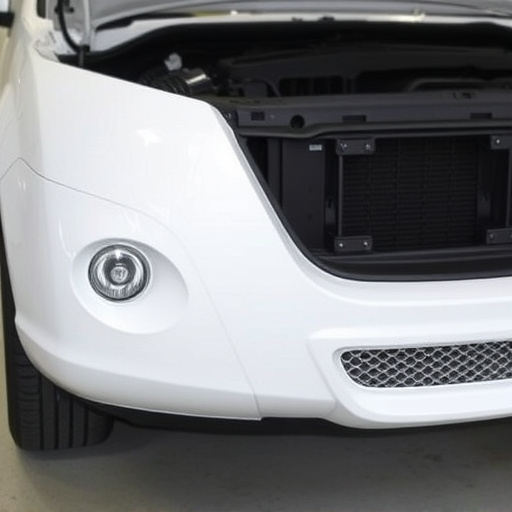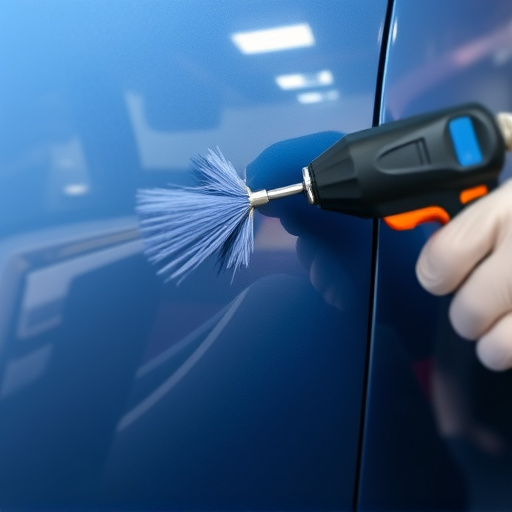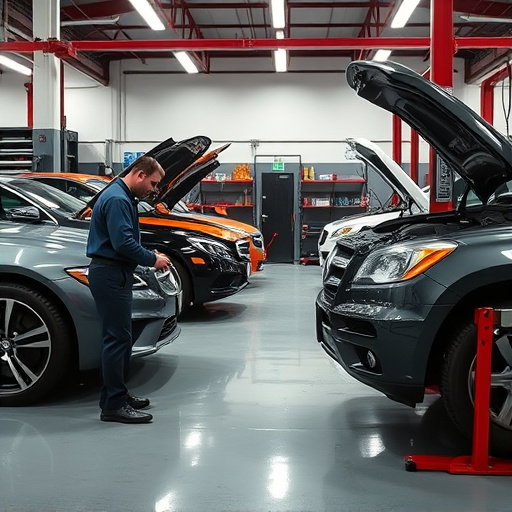Full-service collision repair shops provide a comprehensive solution for vehicle restoration, offering everything from initial damage assessment to complex repairs like car paint and structural adjustments. These one-stop facilities streamline the process for customers, saving time and effort, while skilled technicians use advanced technologies and OEM parts to ensure precise, safe, and aesthetically excellent repairs that meet industry standards. Recommended by dealerships for their convenience, expertise, and efficient management of insurance claims, these shops cater to all types of automotive damage, from minor dents to major accidents.
“Discover why dealerships increasingly recommend full-service collision repair shops for their customers. This comprehensive approach goes beyond mere vehicle fixes, encompassing a wide range of services that ensure quality, accuracy, and efficiency. From defining a full-service shop to exploring its benefits for both businesses and owners, this article unveils the reasons behind this growing trend. Learn how specialized expertise, customer satisfaction, and trust are at the core of this game-changing model in automotive care.”
- The Comprehensive Approach: Why Full-Service is Essential for Quality Repairs
- – Defining a full-service collision repair shop
- – Advantages of a comprehensive service model
The Comprehensive Approach: Why Full-Service is Essential for Quality Repairs
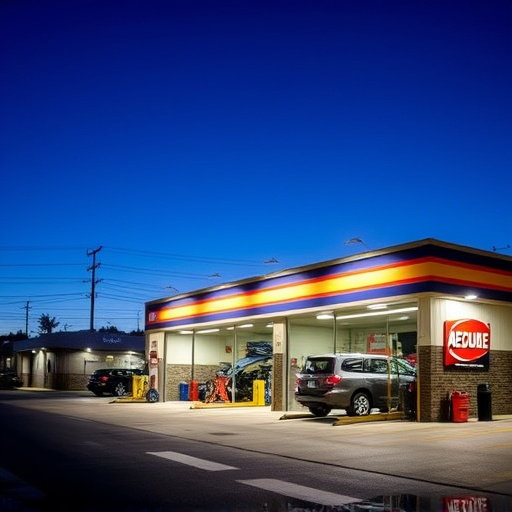
A full-service collision repair shop offers a comprehensive approach to vehicle restoration, ensuring every aspect of the car is addressed during the rebuilding process. Unlike specialized services that focus on specific parts or repairs, these shops have the expertise and equipment to handle all types of damage—from minor dents and scratches to major structural issues. This means customers can trust that their vehicle will be restored to its pre-accident condition, maintaining both aesthetic appeal and safety standards.
By providing a one-stop solution for all collision-related needs, full-service shops streamline the repair process, saving time and effort for clients. They also employ skilled technicians who are adept at diagnosing complex problems and using advanced technologies to ensure precise repairs. This holistic approach not only guarantees exceptional quality but also fosters trust between dealerships and their recommended repair partners, ensuring satisfied customers and a seamless experience throughout the vehicle body shop services.
– Defining a full-service collision repair shop
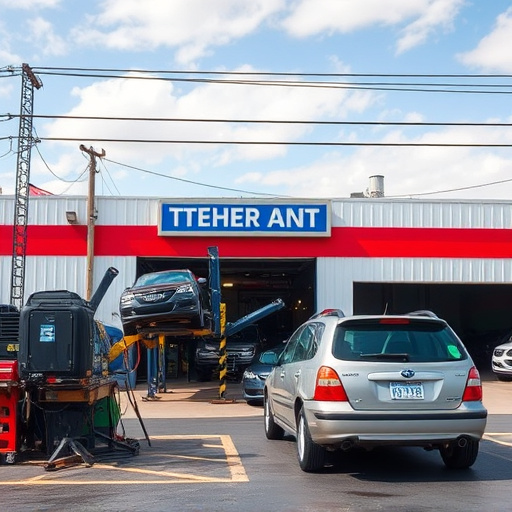
A full-service collision repair shop is a facility equipped to handle all aspects of automotive damage restoration, from initial appraisal and diagnostic testing to complex repairs, including car paint repair, structural adjustments, and final quality control checks. These shops offer a comprehensive range of services beyond basic fixings, such as accident reconstruction, mechanical repairs, and even detailing. They cater to various needs, from minor dents and dings to major accidents, ensuring that vehicles return to their pre-incident condition or better.
Dealerships recommend these shops because they provide one-stop solutions for car bodywork services, streamlining the process for both customers and businesses. Full-service collision repair facilities often have advanced equipment, highly skilled technicians, and access to original equipment manufacturer (OEM) parts, ensuring precise repairs aligned with safety standards. Additionally, their expertise in automotive body shop management allows them to efficiently manage insurance claims, providing a seamless experience for clients navigating the aftermath of accidents.
– Advantages of a comprehensive service model
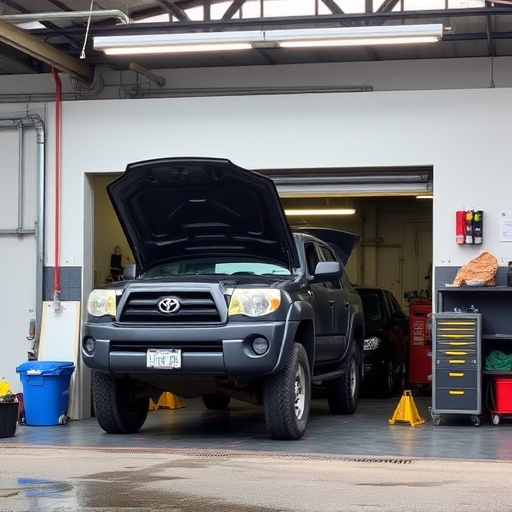
Dealing with a vehicle collision can be stressful for anyone. However, when dealerships recommend full-service collision repair shops, they’re emphasizing the benefits of a comprehensive approach that goes beyond mere car body repair. A full-service model means these shops offer a wide range of services, from initial damage assessment and car restoration to final quality control checks. This integrated service ensures that every aspect of the vehicle is considered, not just the visible parts.
One of the key advantages is efficiency and convenience for the customer. Rather than coordinating multiple shops for different repairs—like painting, body work, and mechanical fixes—a full-service collision repair shop can handle everything under one roof. This streamlined process reduces time spent waiting and navigating between locations, minimizing disruption to the owner’s daily routine. Moreover, these shops often employ specialized technicians who are adept at car restoration, ensuring not just functional but also aesthetic excellence in vehicle collision repair.
Dealing with vehicle damage can be stressful, but dealerships recommend full-service collision repair shops for good reason. By offering a comprehensive approach that includes everything from initial assessment and repairs to painting and detailing, these shops ensure quality, precision, and customer satisfaction. The advantages of a full-service model extend beyond convenience; it guarantees a seamless, stress-free experience, restoring your vehicle to its pre-accident condition with expert care and attention to detail.

